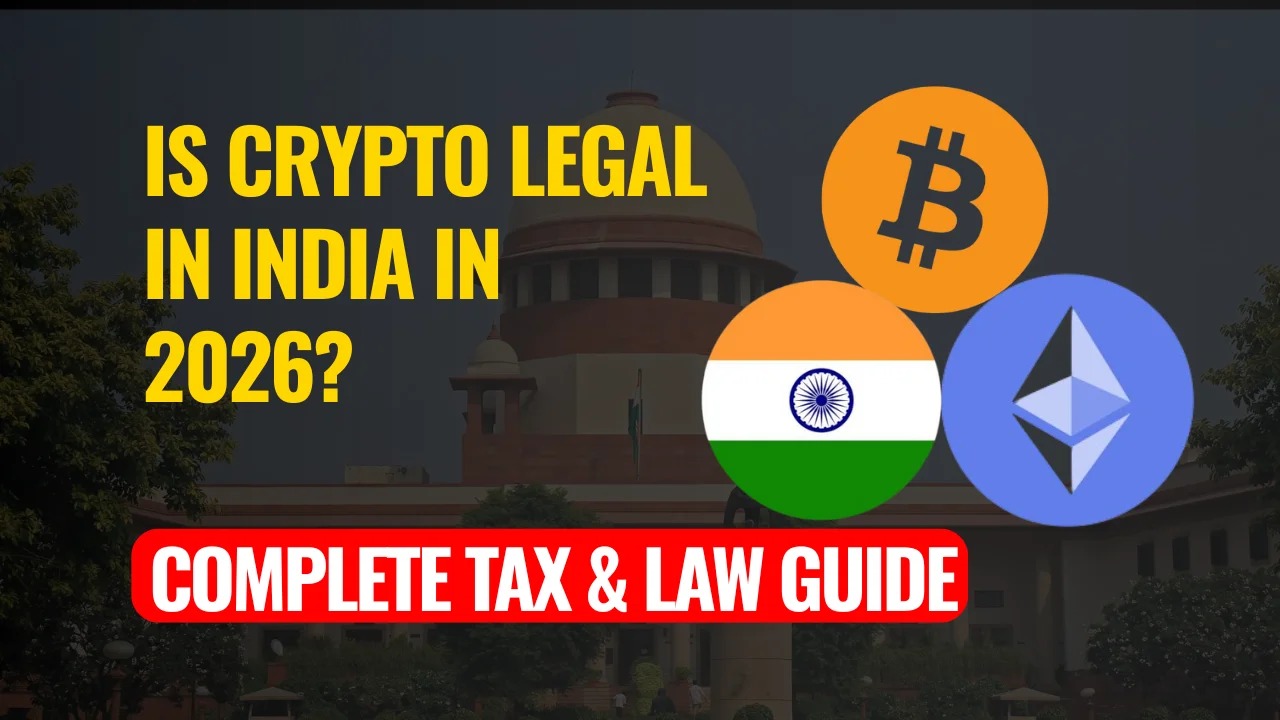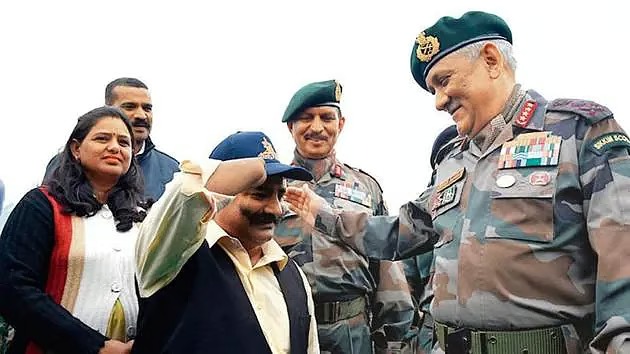Hon''ble Sunil Hali, J.@mdashSeeking implementation of the Payment of Gratuity Act, 1972 (in short as the ''Act''), the petitioner filed an application before the Labour Court in this behalf. The contention of the petitioner was that under the aforesaid Act, he is entitled to 16.5 months of gratuity on his retirement. The Labour Court allowed this petition and directed for payment of gratuity to the petitioner under the said Act.
2. On the other hand, the stand of the respondent is that the petitioner is an employee of Nagar Nigam, Bareilly and is regulated by the provisions of Uttar Pradesh Municipal Corporations Act, 1959. In terms of the provisions of the Act while exercising powers u/s 548 the Corporation has framed its rules regulating the grant of Provident Fund and Gratuity. These rules are called Bareilly Nagar Mahapalika Karmachariyo Ke Nivratta Vetan Samanya Bhavishya Viniyam, 1988. These rules came into effect from 24.1.1999. The employees who have filed claim on or after 24.2.1999 are entitled for the gratuity. Once the petitioner has availed the benefit of the rules of the Corporation, he can not obtain benefit under the Payment of Gratuity Act.
3. The Rules are meant for the employees and are the piece of social welfare legislation. If the petitioner has availed the benefit under the statutory rules framed by the Municipal Corporation, he can not get the benefit under the 1972 Act. However, this question has been considered by the Apex Court in
4. While analyzing the import of the judgment, the claim of the workman to seek benefit under the 1972 Act shall be confined to the benefit admissible therein. Any amount received by the petitioner from the Corporation will satisfy the demand of the workman, in that situation only he shall be entitled to get the difference of both and not more than that. This principle has been enunciated on the ground that the person can not take benefit of two statutes at the same time in respect of same claim.
5. I, therefore, allow this writ petition and set aside the order impugned dated 24.4.2004 passed by respondent no. 2 and direct that the petitioner shall be given difference and not more than that by implementing the operation of the rules framed by the corporation. However, only by way of clarification, I provide that the claim of workman having been made under 1972 Act shall be confined to the benefit admissible thereunder and if payment of gratuity has been made under the rules framed by the Municipal Corporation, such amount would be taken into consideration while satisfying demand of workman under impugned order.

